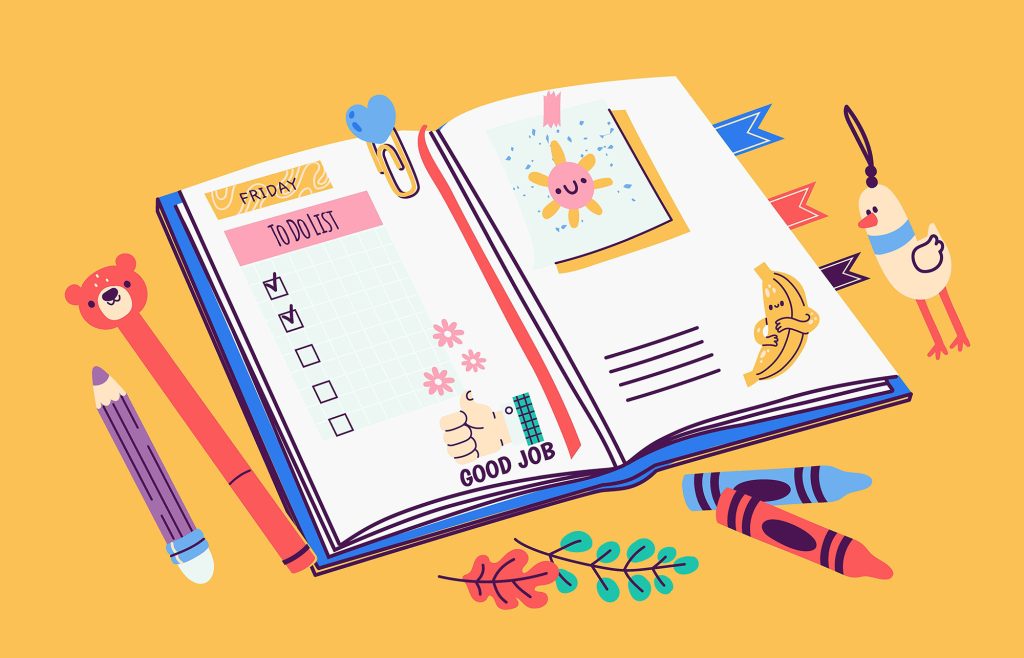Year 10
Empowering Students through Financial Literacy and Wellbeing Practices
At Kilbreda College, the holistic development of our students is paramount and recently, the focus at Year 10 has been on two essential areas: financial literacy and the therapeutic practice of journaling. During our recent Pastoral lesson, the Year 10 students engaged in a Financial Literacy lesson, a critical skill set for their future independence. The lesson delved into key concepts such as understanding interest rates, the importance of saving, and effective budgeting.
Interest: Students explored how interest works in various financial contexts, from savings accounts to loans. Understanding the power of compound interest, for example, has provided them with insights into how money can grow over time, encouraging them to think long-term about their financial decisions.
Saving: The importance of saving was a central theme, where students learned strategies to set aside money regularly, whether for short-term goals like a new gadget or long-term aspirations such as higher education or travel. The concept of ‘paying yourself first’ was emphasised, encouraging students to prioritise saving as a fundamental part of their financial routine.
Budgeting: The students also practised creating and managing budgets, helping them understand how to track their income and expenses. This exercise not only taught them the value of living within their means but also highlighted the importance of planning for both expected and unexpected financial needs.
In addition to financial literacy, the Year 10 students have been introduced to the therapeutic practice of journaling, with a particular focus on future self-journaling and guided journal prompts.
Future Self-Journaling: This reflective practice encourages students to write letters or entries to their future selves, envisioning where they hope to be in five, ten, or even twenty years. This exercise not only helps them set long-term goals but also allows them to consider the steps they need to take to achieve these aspirations. It is a powerful way for students to connect with their future ambitions and to remain motivated through the challenges they may face.
Journal Prompts: To support this practice, students were provided with journal prompts designed to encourage deep reflection and self-awareness. Prompts such as “What are three things you are grateful for today?” or “What steps can you take this week to get closer to your goals?” help guide their thoughts and focus their journaling efforts on positive, constructive topics.
Journaling is not just a tool for self-expression but a vital part of maintaining overall health and well-being. By regularly engaging in journaling, students are learning to manage stress, build resilience, and foster a positive mindset—skills that are just as important as academic achievements.

Jessica Baddeley
Year 10 Level Leader


